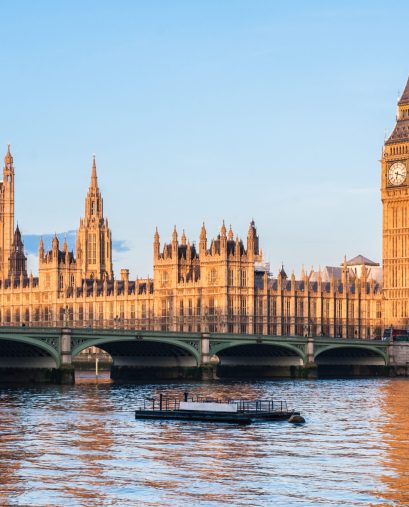Health and Safety Concerns About COVID-Secure Workplaces

During January the Health & Safety Executive (HSE) saw an increase in complaints from employees required to attend workplaces that they do not consider COVID safe and Trade Unions are calling for tougher enforcement as they say too many employees are being placed at risk. Government rules in England are currently that “you may only leave your home for work if you cannot reasonably work from home”.
The HSE has issued guidance on “Making your workplace COVID secure during the coronavirus pandemic”. This provides that employers must protect people from harm, which includes reasonable steps to protect workers and others from coronavirus (COVID-19) and that they must update their risk assessments to;
- Identify what activity or situations might cause transmission of the virus.
- Think about who could be at risk.
- Decide how likely it is that someone could be exposed to the virus.
- Act to remove the activity or situation, or if that is not possible, control the risk.
Risk Assessments must be documented (if you have more than 5 employees) and HSE have a useful template.
In making their workplace COVID secure employers must consider:-
- Social distancing; where possible keeping people 2 metres apart, using floor tape to mark work areas, working side-by-side not face-to-face and limiting movement of people.
- Cleaning, hygiene and handwashing; providing handwashing facilities or hand sanitiser at at entry and exit points, and additional handwashing facilities with running water, soap, paper towels or dryers.
- Cleaning the workplace; frequent cleaning, particularly frequently touched areas, and deep cleaning once a day.
- Ventilation and air-conditioning; ensuring good ventilation throughout, identifying poorly ventilated areas and improving ventilation.
- Consultation and Information; talking to workers, explaining the changes being made and asking for their ideas (HSE have a useful guide “Talking with your workers about preventing coronavirus”).
- Vulnerable workers; although no additional controls are required, ensuring existing controls are strictly applied to these groups (e.g. older men, those with high BMI, and BAME groups).
- Clinically extremely vulnerable workers; as the Government says anyone who is clinically extremely vulnerable “should not attend work and should only work from home”, taking every possible step to enable them to work from home, including providing IT and other equipment and keeping in touch to ensure they are not feeling isolated.
- Working from home; if people are working from home, providing the equipment they need (e.g. a computer, phone and video conferencing facilities) and keeping in regular contact with them and discussing their well being.
Photo by Bench Accounting on Unsplash
If you have any questions about health and safety Concerns in relation to COVID-secure workplaces, please don't hesitate to get in touch with Fiona.
Fiona Dunger Consultant Solicitor - Employment +44 (0) 20 7846 2370 fiona.dunger@jurit.comOr another member of our Employment Team.
Please note this paper is intended to provide general information and knowledge about legal developments and topics which may be of interest to readers. It is not a comprehensive analysis of law nor does it provide specific legal advice. Advice on the specific circumstances of a matter should be sought.











